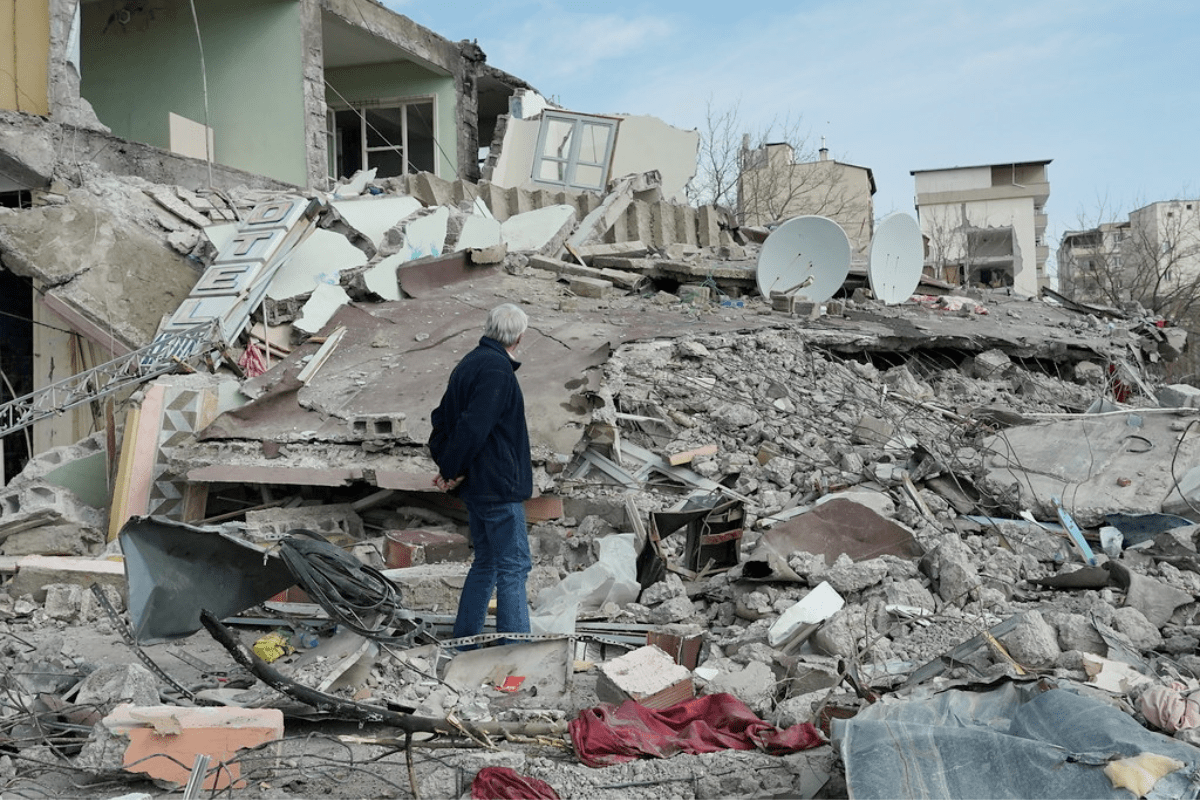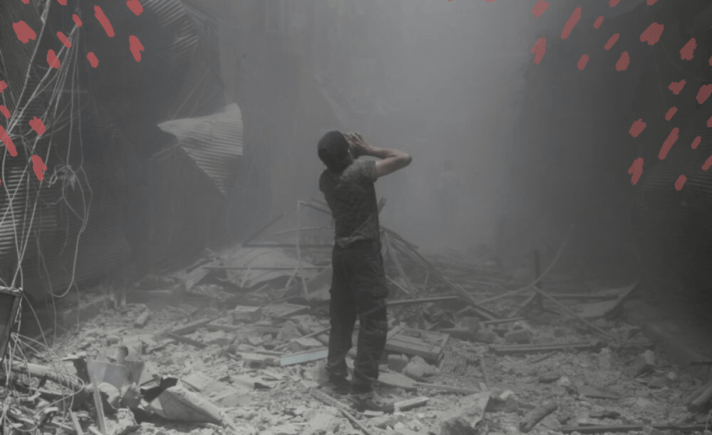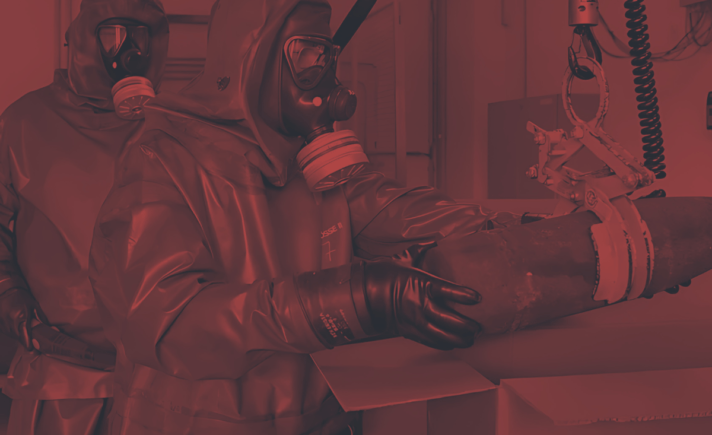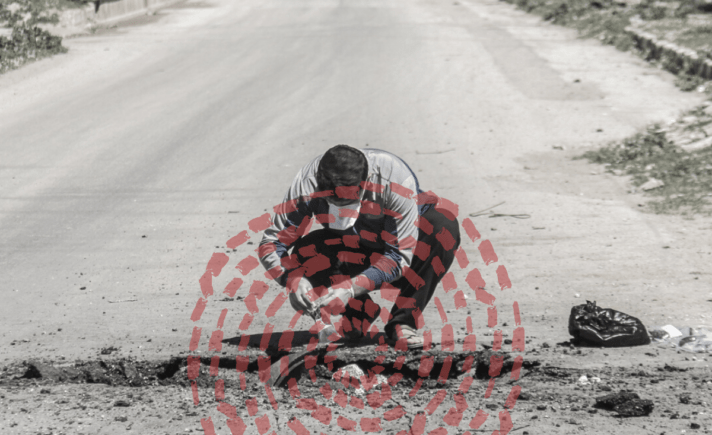Those who were children in the late 1990s or early 2000s may remember watching American films on the limited satellite channels of that time. These movies often followed a common script with an apocalyptic theme: a cold, snowy night interrupted by a sudden power outage, leading to a major natural disaster. The plot of such movies usually centered around a family seeking safety in their car, navigating a series of terrifying events: people running in the streets, wrecked infrastructure, bodies found scattered around.
On February 6th 2023, something unimaginable happened. Just like in the movies.
The evening before, my husband and I had visited some friends for dinner. On the way back we dropped off friends at their homes and we got back to our place a bit after midnight. Our kids were peacefully sleeping. The plan was to travel to Istanbul the next morning, leaving our kids with a babysitter, and to return later that night. We had no idea that at 4:17 am that fateful morning we would experience a 7.8 magnitude earthquake in Gaziantep, the city that had been my home for four years and my husband’s for thirteen.
I recall being startled awake to loud rumbling sounds, as if emanating from massive speakers in the sky – noises resembling strong winds, only far louder. We instantly jumped out of bed. I grabbed our one-year-old from his crib, while my husband ran off alone. I remember yelling, “The kids, the kids…” and my husband went after our other two-year-old son. The house swayed violently as we felt the earth shake and heard it crack beneath our feet. We were bewildered. Above the din, we could not even hear our furniture break, the glass smash, and buildings around us fall.
“Let’s get to the dining room…” After all, isn’t that what they teach you to do when an earthquake happens – hide under a table? My husband, like any other Syrian whose reference is the war, decided the bathroom was safer. (During shelling, maybe: in an earthquake, it is actually very dangerous… So if, God forbid, you ever need to make a quick decision during an earthquake, do not run to the bathroom.)
Looking back at the dozens of stories of how our friends and family behaved during the earthquake, it strikes me that very few knew what to do or how to react. When something so traumatic happens, you never know what to do, or what to think.
The moments during the earthquake felt endless. My husband kept reassuring me, “It has passed, it has passed…” We both kept reciting the shahadah, thinking that those might be our last moments… Reflecting on the ordeal later on, my husband shared that, while we were on the bathroom floor with the earth cracking around us, I breastfed our baby to comfort him. I have no memory of this moment, but I am amazed by the profound instinct of motherhood.
Difficult hours, days, weeks and months followed those critical minutes. Hours spent trying to reach our family and friends, many of whom had passed away. Days spent sleeping in the car during a snowstorm with little to eat, while the earth carried on shaking; weeks spent participating in earthquake relief efforts; and months spent trying to heal.
***
Many thoughts would cross my mind: what if the earthquake had happened while the kids were alone? What if we had left them and traveled to Istanbul? What if I had been in the elevator, and died in it? What if I had been stuck under the rubble for days with no one to rescue me? What if I had survived but my kids had not? How must it feel for people in Idlib, after successive waves of displacement, to lose everything again? To be the only survivor in your family? To bury all your neighbors? How do you continue living knowing that your loved ones might have been alive for hours, days, with no one to save them? Hundreds of questions like these continued to run through my head in the months that followed.
Life is so fragile that in one split-second, your life can change forever.
Many Syrians, like our family and friends, had seen it all – war, displacement, bombing, kidnapping, torture, racism, deportations, and countless other traumatic details of the last 13 years. But none of those experiences were as frightening and harrowing as the earthquake.
Maybe this is because, despite the numerous challenges we faced, there was always the reassurance that we had nature! At least the ground beneath our feet remained stable. At least we had someone to blame for our misfortunes.
On February 6th, Syrians felt betrayed by the earth, after we had already been betrayed by the world.
We are among the lucky ones. We survived. We are alive. We had a car to sleep in. We were able to come back home, eventually. I am thankful for all this. I am thankful for the trip we took to Antakya a few months before the earthquake, a city that has since turned into rubble.
I am thankful that when we meet today – we, the earthquake survivors – we no longer talk about our favorite hiding places. I am glad that we no longer have whistles under our pillows and water bottles in corners of the house. I am grateful that most nights, despite the tens of thousands of aftershocks we have experienced (and continue to experience), we are able to sleep.
If someone had asked me on February 6th if life would ever be beautiful again, my answer would have been no. However, I sincerely hope that anyone going through hardship today recognizes that life is beautiful.





